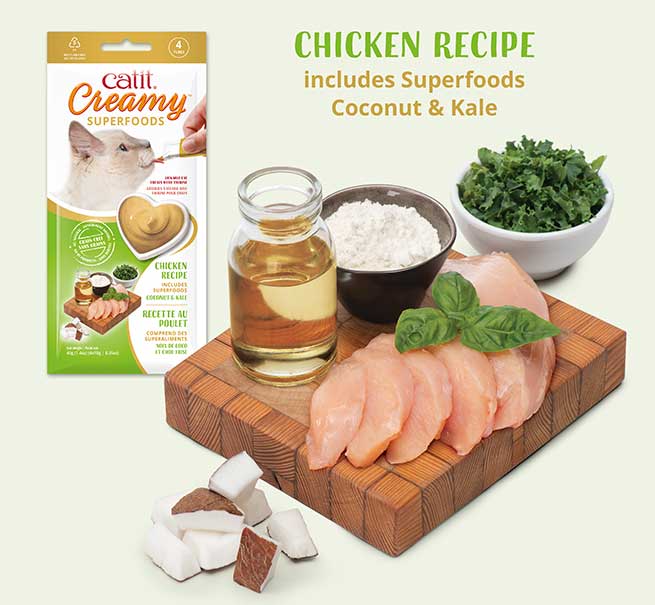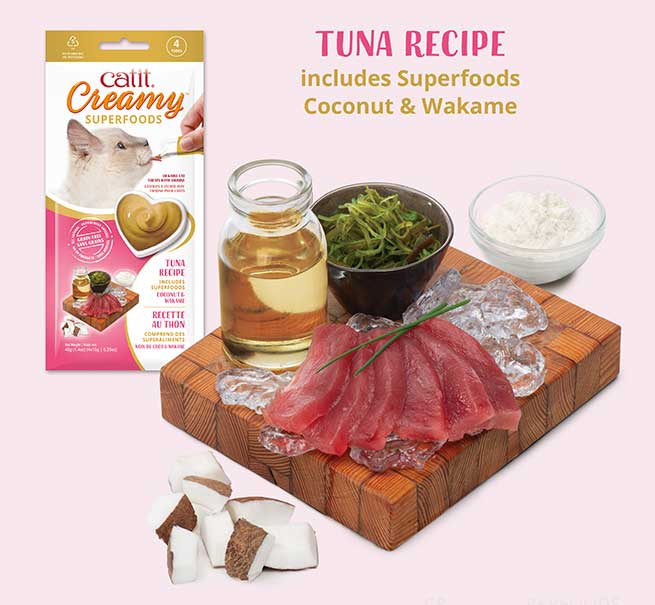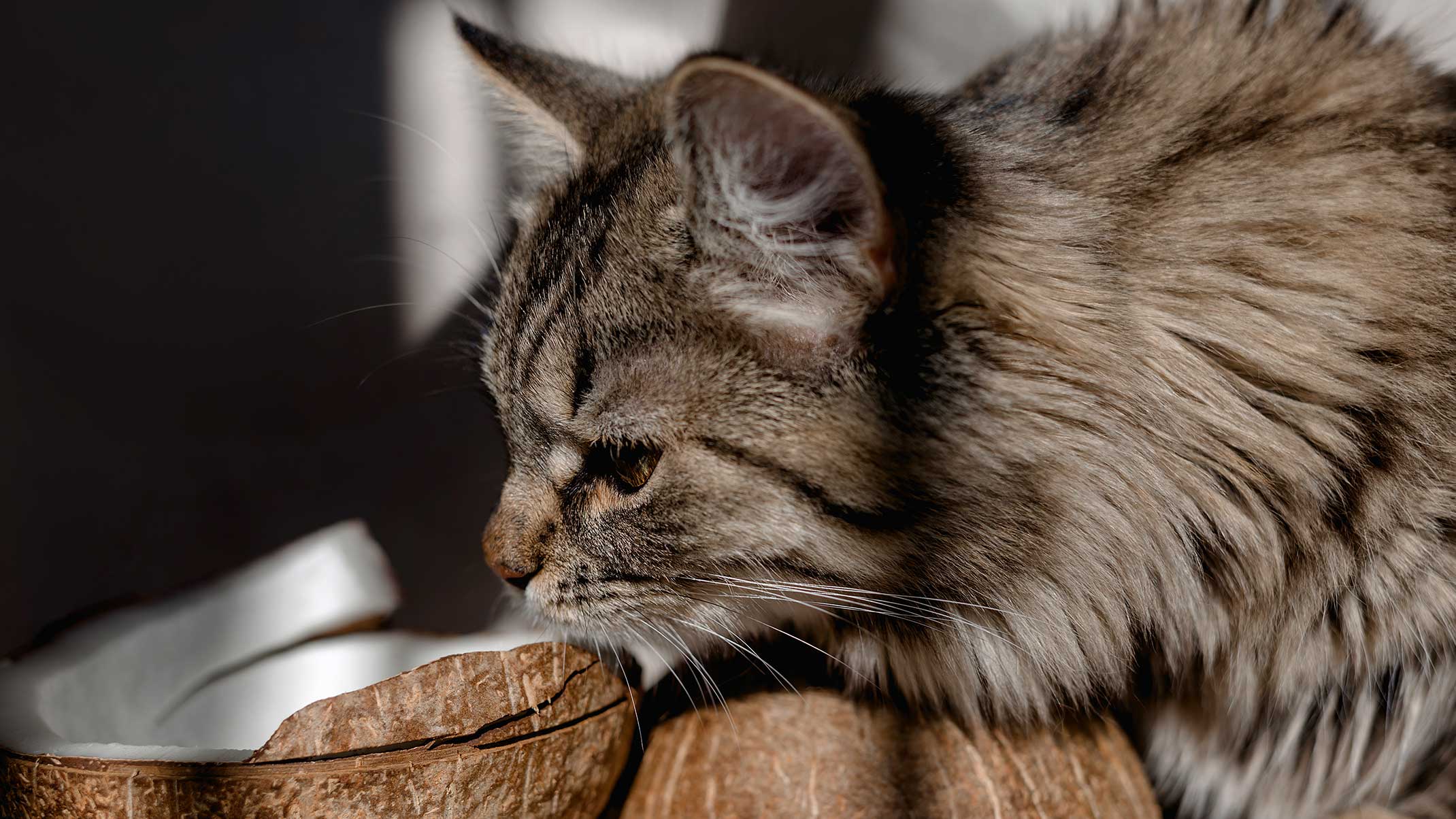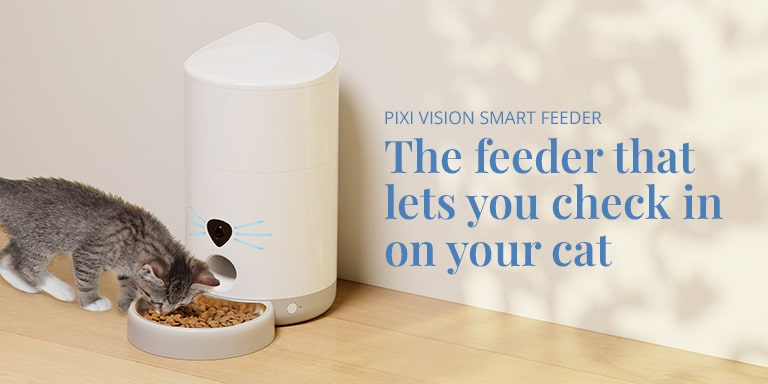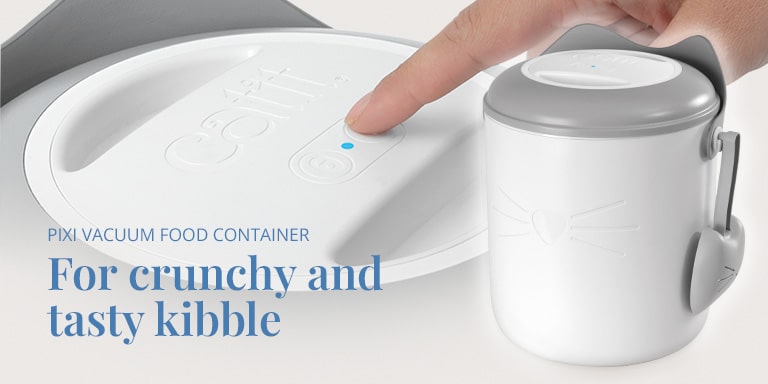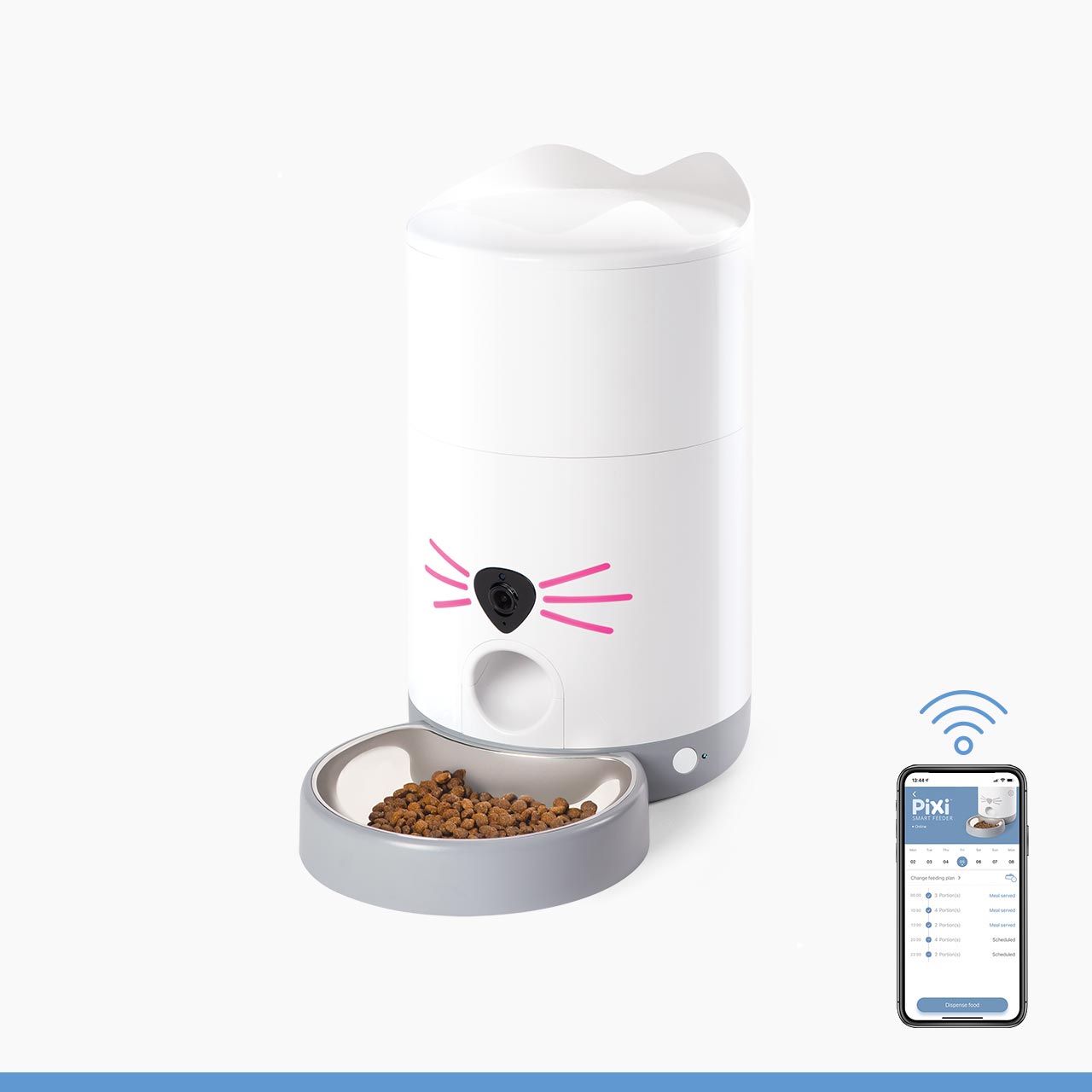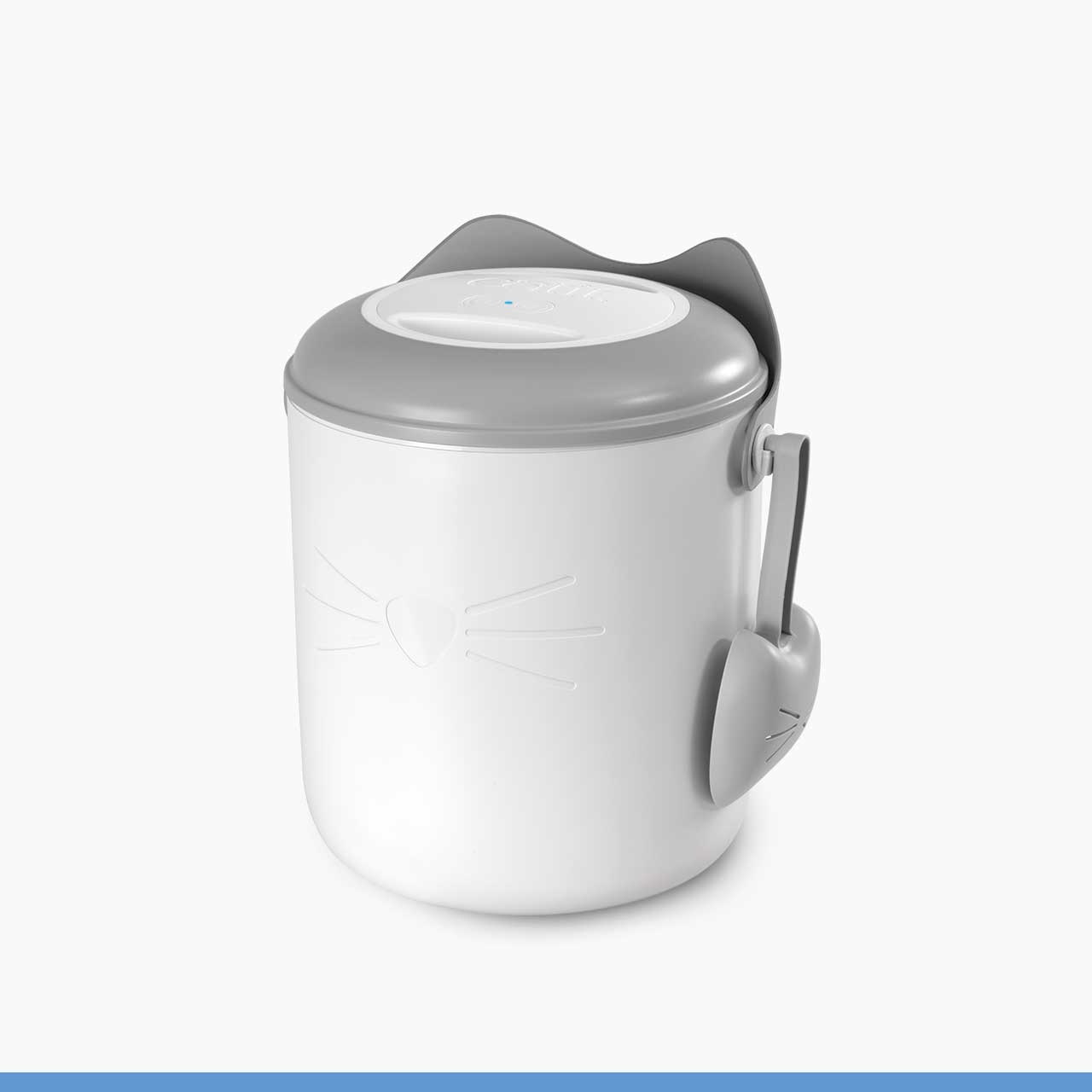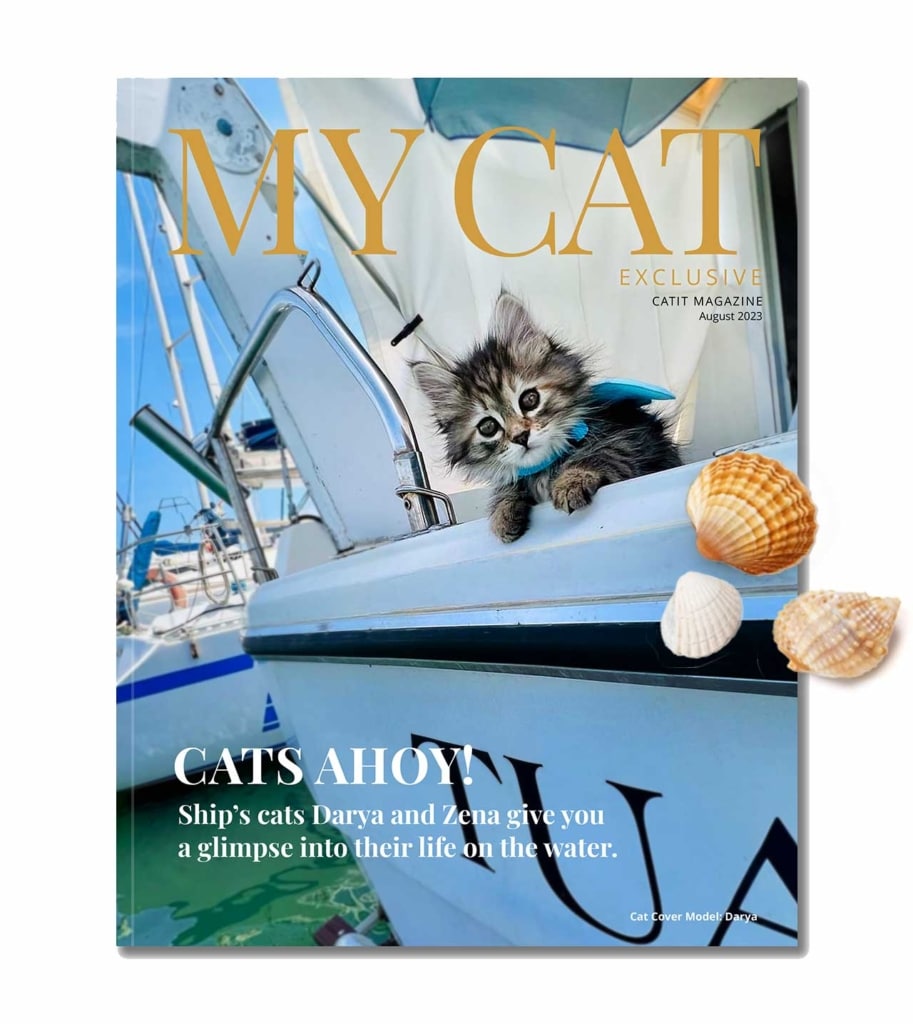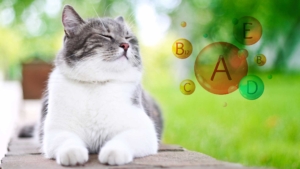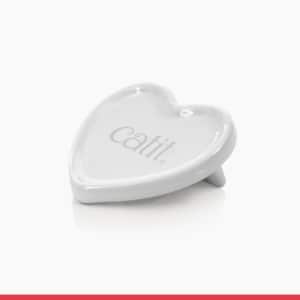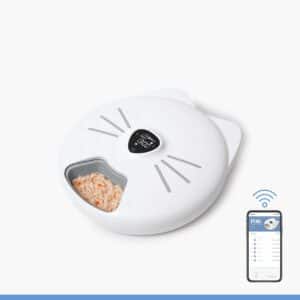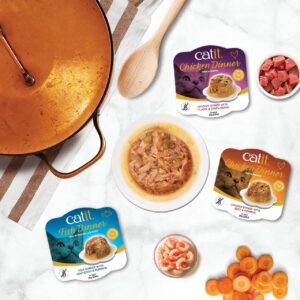In this article
Should I feed my cat fresh coconut?
Coconuts have various heavenly food products in store. The inner wall of the coconut is lined with delicious white meat — which can also be turned into coconut milk — while the center cavity of the coconut contains coconut water. These products are real treats for us humans, but cats shouldn’t be eating them. While coconut is technically safe for your cat to eat, coconut flesh and coconut milk contain plenty of fat, which can cause diarrhea if your cat consumes too much. Coconut water is high in potassium, so it’s better not to allow your cat to drink too much.

What is coconut oil?
While fresh coconut isn’t ideal for your cat, coconut oil is considered a lovely superfood for your feline friend. This oily substance is made by pressing fresh or dried coconut meat and is typically used in the kitchen. Coconut oil can also be found in topical ointments as it has beneficial effects on hair and skin.
How does coconut oil support my cat’s health?
When applied topically, coconut oil keeps your cat’s coat nice and shiny. It helps resolve dryness and itchiness, and aids in keeping your feline’s skin yeast and fungal infection-free. Since cats with a healthier coat will need to groom less, coconut oil can indirectly help prevent hairball formation. When coconut oil is included in your cat’s diet, this oily superfood can help reduce inflammation and arthritis, and is said to support stomach health. In addition, the lauric acid in coconut oil naturally has antimicrobial and antifungal properties, which can give your cat’s immune system a boost.
Add a balanced dose of coconut oil to your cat’s daily diet by serving them as a healthy treat.
